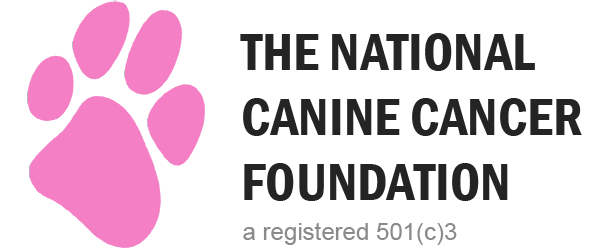A breakthrough trial at the University of Minnesota testing a new UMN-developed drug resulted in improved survival rates for dogs diagnosed with a cancer called Hemangiosarcoma (HSA). The results were published today in the journal Molecular Cancer Therapeutics.
“This is likely the most significant advance in the treatment of canine HSA in the last three decades,” said study co-author Jaime Modiano, V.M.D., Ph.D. professor in the University of Minnesota College of Veterinary Medicine and member of the Masonic Cancer Center, University of Minnesota.
Canine HSA is a common, aggressive, incurable sarcoma. It is remarkably similar to angiosarcoma, which affects humans. Both cancers typically spread before diagnosis and the survival time for affected patients is extremely short, even with aggressive treatment. Only 50% of humans diagnosed with angiosarcoma live longer than 16 months and the prognosis for dogs with HSA is similarly dire: less than 50% will survive 4-6 months and only about 10% will be alive one-year after their diagnosis. …read full news
Source: Newswise


Recent Comments